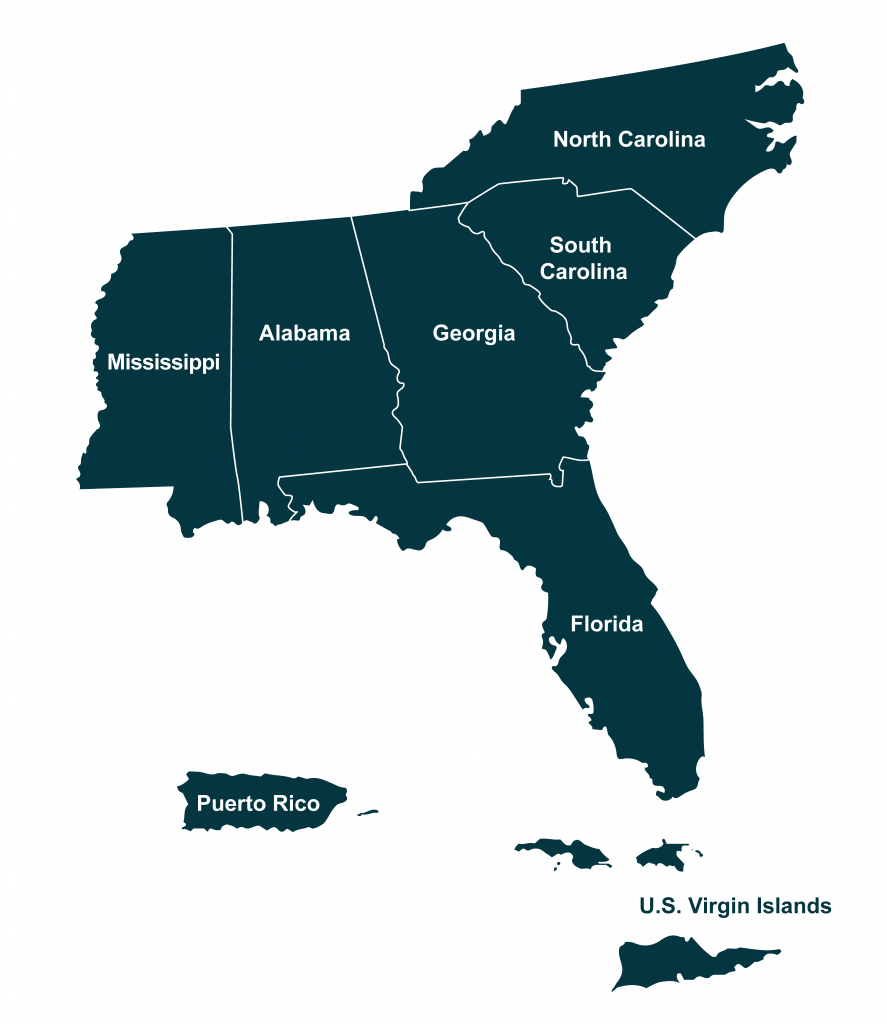Project Summary
Farmworkers, the majority of whom are Latino immigrants from Mexico, experience elevated rates of occupational injury and illness. Chronic low-dose exposure to pesticides and extreme heat and humidity are major sources of poor occupational health outcomes. Recent revisions to the EPA’s Worker Protection Standard (WPS-r) and growing concern over heat-related illness (HRI) necessitate the creation of safety education curricula that to minimize pesticide exposure and the deleterious effects of exposure to heat and humidity. Use of community health workers or “promotoras de Salud”(promotoras) is common in farmworker occupational health, but few WPS or HRI curricula have been developed for dissemination by promotoras, and there is scant evidence that promotoras are equally effective as “professional educators” who often have college degrees or highly specialized training in the cognate material.
The goal of this project is to reduce pesticide- and heat-related poor health outcomes among Latino farmworkers. We will achieve this goal through a community-advocate-university partnership that will: (1) Create reproducible, culturally- and contextually-appropriate curricula for Latino farmworkers targeting pesticide exposure (suitable for meeting employer requirements under the revised WPS) and HRI, (2) Determine the effectiveness of the developed pesticide and HRI curricula implemented by professional educators in promoting advocated safety behaviors, and (3) Identify the comparative effectiveness of a promotora-based implementation of developed curricula relative to the use of professional educators. This 5-year project will be undertaken in three phases. Phase one is an intervention with farmworkers (n=125) to determine the effectiveness of WPS-r and HRI curricula that will be developed from existing materials. Phase two uses a randomized attention control placebo design (n=325) to determine if our WPS-r curricula performs better than the EPA’s curricula. Phase 3 deploys the curricula to a large cohort of farmworkers (n=400) using a promotora model: collected data will determine the comparative effectiveness of promotoras relative to professional educators.





